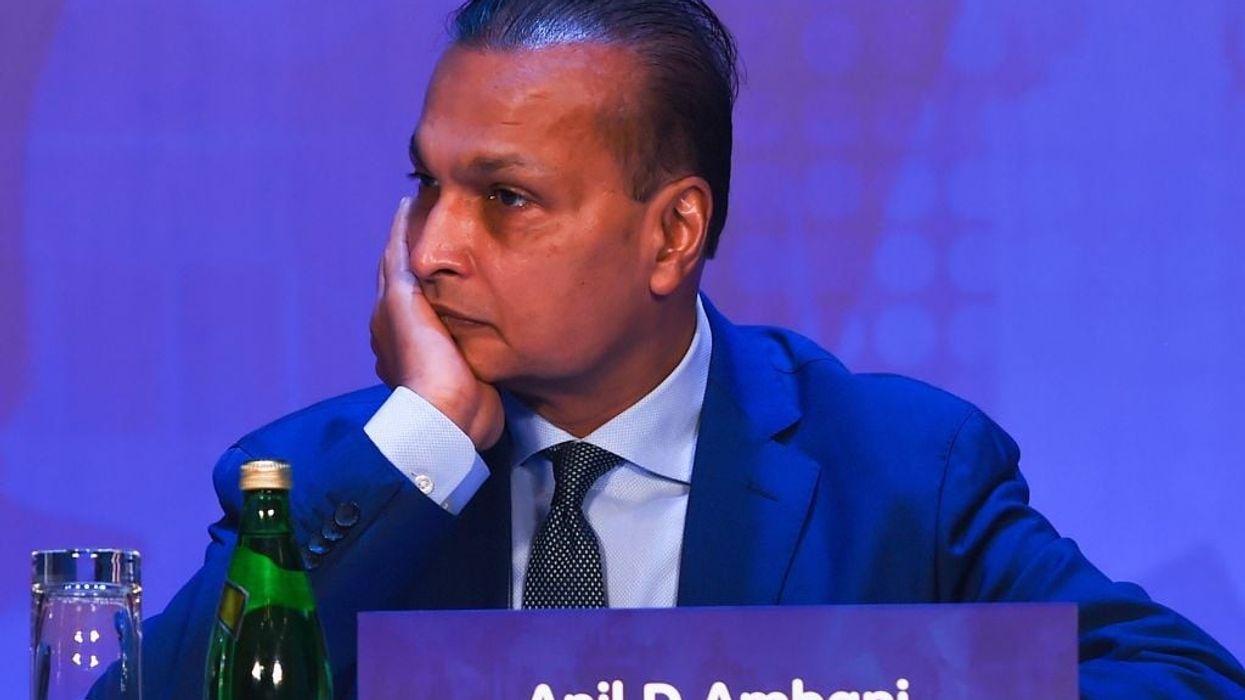INDIA’S banking regulator has appointed an administrator to Reliance Capital for an “expeditious resolution” of the financial services company’s debt after it defaulted on its repayment obligations.
However, the company “welcomed” the move and blamed litigations filed by its lenders for the pendency of debt resolutions in various courts.
The Reserve Bank of India (RBI) on Monday (29) cited the defaults by the company in meeting its various payment obligations to its creditors and “serious governance concerns” for the supersession of its board of directors.
The regulator said it will initiate the process of resolution of the company under insolvency and bankruptcy rules.
Former Bank of Maharashtra executive director Nageswar Rao has been appointed as the administrator of the debt-ridden company.
Reliance Capital is part of the Mumbai-headquartered Reliance Anil Dhirubhai Ambani Group (ADAG), promoted by Anil Ambani, the younger brother of India’s richest man Mukesh.
In a filing to the Bombay Stock Exchange, the company said it will cooperate with the administrator for the expeditious resolution of its debt “in the best interests of all stakeholders”.
It said the “complexity of litigation initiated by certain secured and unsecured lenders” in several courts effectively stalled its debt resolution, despite its “best efforts for the past over two years”.
It has “no outstanding loans from banks” and approximately 95 per cent of its debt is in the form of debentures, it said, adding that the process initiated by the baking regulator is in the “overall interests of all its stakeholders, including lenders, customers, employees and shareholders”.
Despite all its financial trouble, its subsidiary Reliance General Insurance and its life insurance joint venture with Japan’s Nippon Life are earning profits.
Some of Reliance Capital’s operating subsidiaries are expected to yield good value to its creditors, including the state-owned Life Insurance Corporation of India and the Employee Provident Fund Organisation.
Institutional creditors collectively own about Rs 60 billion (£600 million) of the company’s bonds.
Various businesses of Ambani, who was once richer than his brother, ran into rough weather led by the group’s once-flagship telecom arm Reliance Communications which has now gone into bankruptcy.
The group's other companies - Reliance Naval and Reliance Home Finance - are also undergoing debt resolutions.
All listed entities of the group have eroded investors’ wealth over the past more than a decade and most of them are penny stocks now.
Reliance Capital has crashed from its 2008 peak of Rs 2924 (£29.2) to Wednesday’s (1) price of Rs 17.2 (17.2p).
The promoter group’s shareholding in the company came down from 52 per cent in December 2018 to just 1.51 per cent at the end of September this year. Retail investors hold 57.3 per cent of the company’s shares, according data on stock exchanges.




